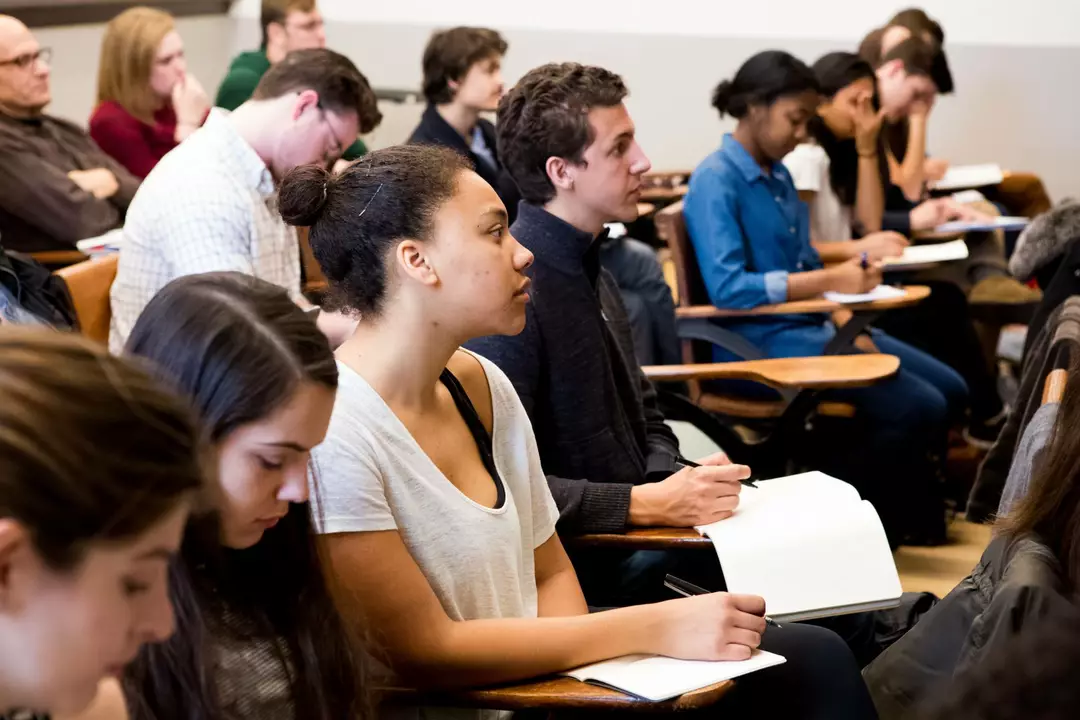Health Education: How Epilepsy Affects School Life and Academic Success
Ever wondered why some kids with epilepsy seem to struggle more than others in class? It’s not just about seizures – the condition can mess with memory, focus, and even social confidence. When those challenges stack up, school becomes a tougher place to navigate.
Why Epilepsy Impacts Learning
First off, epilepsy often interferes with brain signals that control attention and cognition. A student might forget what the teacher just said or lose track of homework assignments after a seizure. Those memory gaps aren’t because they’re lazy; the brain’s wiring has been temporarily disrupted.
Beyond the neurological side, anxiety plays a big role. Fear of having a seizure in front of classmates can make a student avoid participation, which in turn limits practice and mastery of new material. Social isolation can follow when peers don’t understand what’s happening, leading to lower confidence and reduced engagement.
Practical Steps Schools Can Take
Good news: schools can level the playing field with a few targeted actions. An Individualized Education Plan (IEP) or 504 plan is often the first line of defense. These documents let teachers know about medication schedules, seizure triggers, and necessary accommodations – like extra time on tests or a quiet space for breaks.
Teachers can also break lessons into smaller chunks and repeat key points. Simple strategies such as using visual aids, providing written summaries, and checking in after each class help reinforce learning for students whose attention may drift.
Another game‑changer is fostering an inclusive classroom culture. When teachers openly discuss epilepsy (with the student’s permission), classmates become more supportive rather than judgmental. Peer buddies can assist with note‑taking or remind the student about upcoming assignments, reducing feelings of isolation.
Parents play a vital role too. Keeping a seizure diary helps the school understand patterns and adjust accommodations when needed. Regular communication between home and school ensures everyone stays on the same page about medication changes or new triggers.
Finally, encouraging self‑advocacy empowers students to speak up about what they need. Teaching them how to request extra time or a break without feeling embarrassed builds confidence that carries over into other areas of life.
In short, epilepsy can make school tougher, but with clear communication, thoughtful accommodations, and an inclusive attitude, students can stay on track academically and socially. By understanding the real challenges and taking practical steps, teachers, parents, and classmates can turn a potential roadblock into a manageable part of everyday school life.

Amblyopia: How Vision Development and Patching Therapy Restore Sight in Children
Caspian Mortensen Jan, 8 2026 9Amblyopia, or lazy eye, is the leading cause of childhood vision loss but is highly treatable with early intervention. Patching therapy, atropine drops, and digital games can restore vision - if started before age 5.
More Detail
The impact of epilepsy on academic performance and school life
Caspian Mortensen May, 9 2023 8As a blogger, I've been researching the impact of epilepsy on academic performance and school life, and it's clear that this condition can create significant challenges for students. Epilepsy can affect memory, cognition, and attention, which may lead to difficulties in learning and keeping up with classwork. Additionally, students with epilepsy may struggle with social isolation, as their peers might not understand their condition. Schools can play a crucial role in providing support and accommodations for these students, such as individualized education plans, to ensure they have an equal opportunity to succeed. Overall, education and understanding are key to helping students with epilepsy thrive in school.
More Detail